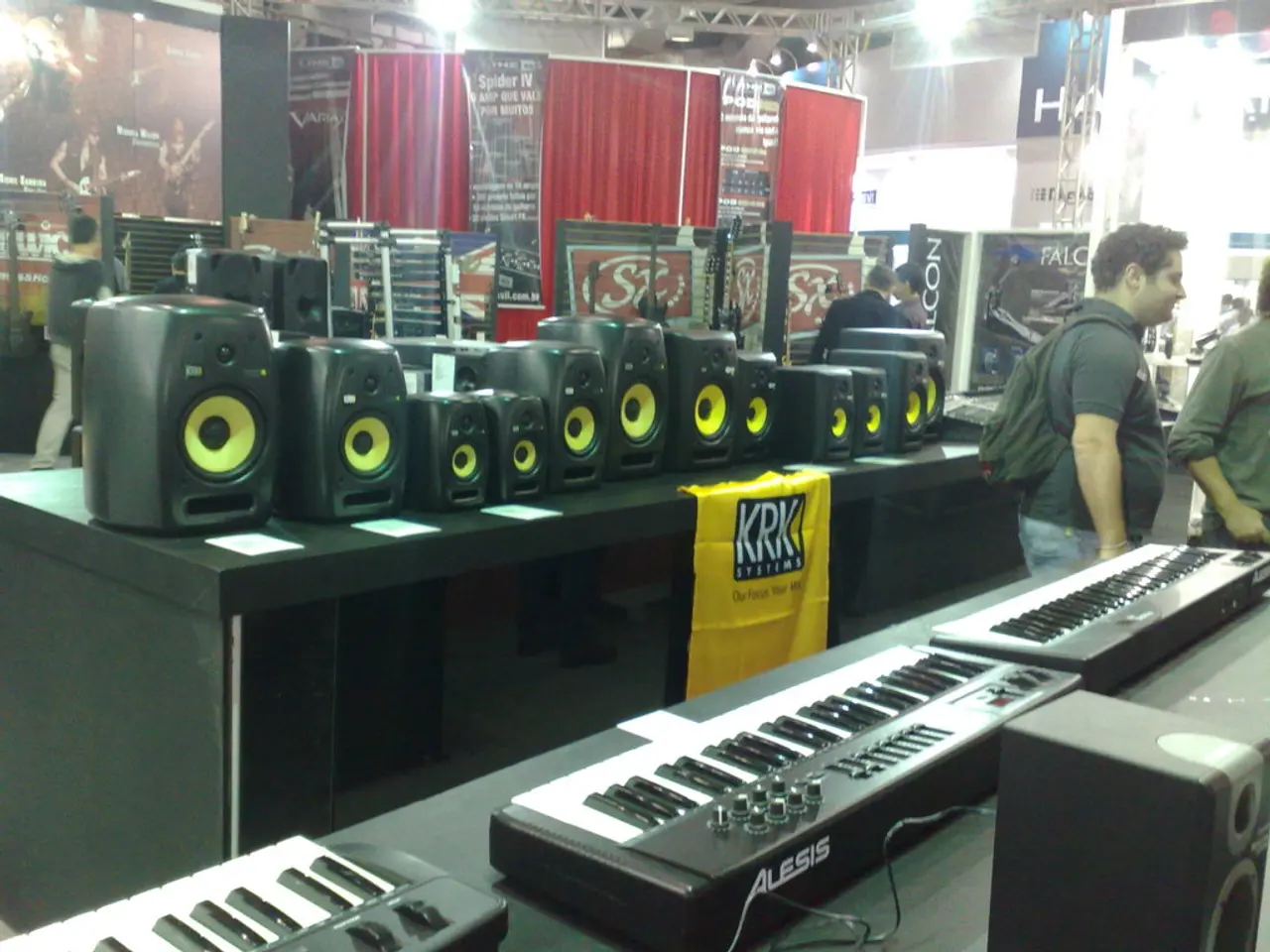Casinos and Honesty: Thoughts from R. Paul Wilson
In the world of gambling, the allure of big wins can sometimes blind us to the risks that come with playing. While casinos, especially in renowned destinations like Las Vegas, Atlantic City, and Macau, are generally considered safe, the same cannot be said for all establishments.
Illegal casinos, operating in unassuming locations like garages or apartments, can be particularly deceptive. Bust-out dealers, career cheaters, have worked for such casinos, manipulating games in favour of the house. Techniques such as second deals, slug controls, and potentially drugging players' drinks are used to gain an unfair advantage.
Victims of these scams are often intoxicated and approached by local ropers. In contrast, well-regulated casinos implement stringent anti-fraud, anti-cheating, and anti-money laundering (AML) programs. These measures significantly reduce the chances of cheating and fraud.
The human brain often makes connections that don't really exist, and a run of bad luck may not be due to cheating. However, if a player wins too much, annoys the pit boss, or is rude to dealers, they are less likely to be targeted by a bust-out dealer.
The question to determine if someone has been cheated by a casino is simple: "Where is it?" Stories of bad beats starting in countries or regions with unregulated gambling houses and featuring classic story beats like "I was pretty drunk," "he or she was really attractive," or "I woke up in hospital/in a ditch/back in my room and had no idea how I got there," suggest a potential scam.
In the past, some casino owners in Las Vegas turned a blind eye to managers and dealers who might shift the odds on a lucky player to avoid a major loss on their shift. But the corporate takeover of casinos led to a shift away from these practices, as cheating customers became unnecessary due to the house trusting their mathematical advantage.
Today, the eye in the sky protects casinos from threats, and cheating customers is less common. However, unregulated and illegal casinos, often found in countries without a reputation for well-regulated gambling houses, can be dangerous for unwary foreigners.
Players share stories about being cheated by casinos and ask for opinions on various circumstances. Some managers manipulated the deck or shoe to cheat customers, but in regulated casinos, consumer protection mechanisms such as transparent rules, impartial oversight, and complaint resolution limit cheating opportunities.
In summary, the risks and frequency of cheating are considerably lower in established, regulated casinos like those in Las Vegas, Atlantic City, and Macau due to strong regulatory controls and robust anti-fraud systems. Conversely, local or less-regulated casinos, especially in regions with weak enforcement, face higher risks of cheating and fraud.
- Despite the allure of winning in a casino, particularly those in Las Vegas, it's essential to be wary of unregulated establishments, as they might employ deceptive tactics like manipulating games, using drugs, or shifting odds to cheat players.
- In a blog post about gambling trends, one could discuss the contrast between well-regulated casinos that implement stringent anti-fraud measures and illegal casinos, often found in unassuming locations like garages or apartments, which might use such underhand tactics.
- As the casino culture evolves, it's interesting to explore the Casino-and-Gambling blog section that delves into the casino-games sector, analyzing the differences between the advantages of playing in a regulated casino like those in Las Vegas and the potential risks associated with unregulated, local casinos.




